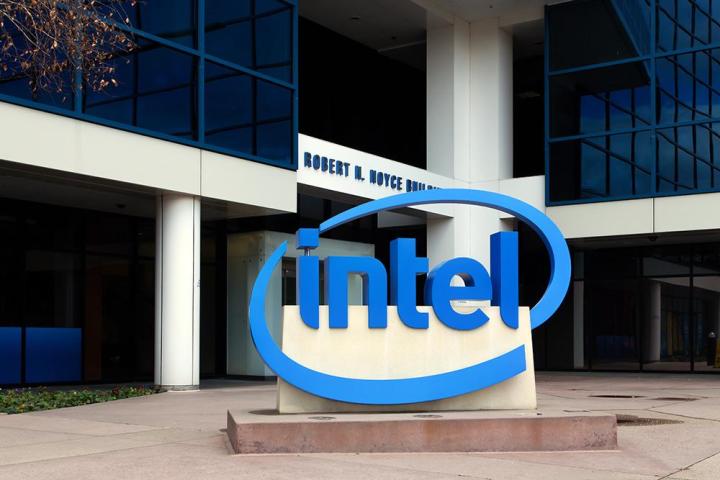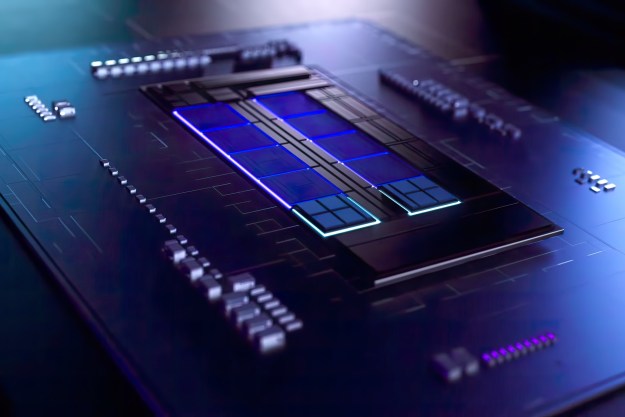
An Intel PR rep reached out to The Motely Fool, stating that its “first 10-nanometer product is planned for the second half of 2017,” and not two years from now. The two year figure came from a recent job post noticed by The Motely Fool, that stated production of such chips would begin “approximately two years” from now.
Rumors about the delay have been widespread for months, without official confirmation, meaning the job listing seemingly confirming a delay spread like wildfire. Intel is now saying the post contained “errors,” and it has since been deleted.
Since 2007, Intel’s typical development cycle has followed a “tick tock” approach, wherein the “tick” is a new architecture, followed every year by a “tock,” which is a reduction in size. Kaby Lake, coming later this year, is the follow-up to Skylake, and will be a 14nm processor, meaning Intel’s tick-tock cycle is already out of sync.
Failure to meet the new deadline for the arrival of 10nm chips could spell trouble for PC enthusiasts, and also investors. Intel’s brand and value is tied up in being ahead of the competition, making any development delay costly. There are three upcoming 10nm processor families: Cannonlake, Icelake, and Tigerlake. Any further delay in the 10nm process could put off those chips indefinitely, which would be a big problem for Intel’s reputation as a technology leader.
What’s this all mean for users? In the short term, not a lot. Cannonlake is still on schedule. But any delay after that could reverberate throughout the PC industry, slowing the steady improvements we all enjoy in new laptop and desktop computers. So while this might all sound irrelevant, it could become a big deal.
Intel’s statement that 10nm is still on track for 2017 is reassuring, but the rumors will likely persist, and delays can always crop up later in a chip’s development cycle. The next two years could be a wild ride for the world’s largest chip company.
Editors' Recommendations
- Everything we know about Lunar Lake, Intel’s big next-generation chips
- A major era in Intel chip technology may be coming to an end
- Even Intel’s best chips won’t catch up with Apple, TSMC CEO says
- Intel chips held back the 15-inch MacBook Air, Apple says
- Intel’s upcoming laptop CPU may destroy even the best desktop chips


